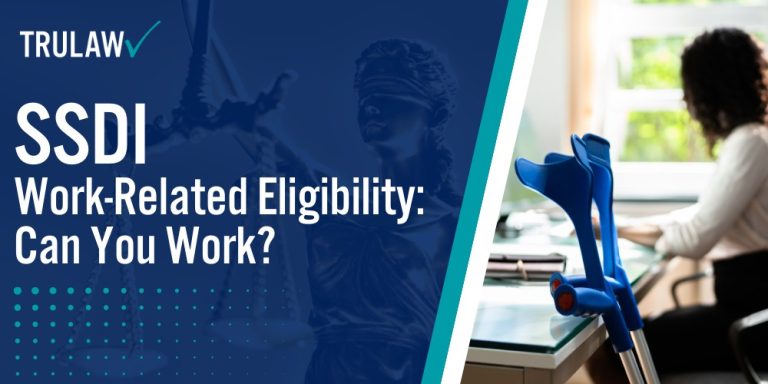To qualify for Social Security Disability Insurance (SSDI) or Supplemental Security Income (SSI), the Social Security Administration (SSA) evaluates your ability to work and earn income.
This evaluation considers how your medical condition impacts your ability to perform substantial gainful activity (SGA) and whether you meet the program’s financial criteria.
Proper documentation, including work history, income records, and job-related assessments, is essential for proving your limitations and eligibility for disability benefits.
Clear and organized evidence ensures a smoother review process and a higher likelihood of approval.
Employment and Activity Documentation
Providing evidence of your work limitations involves submitting records that detail your employment history, income, and how your medical condition affects your ability to perform job duties.
Key evidence to support work capability claims includes:
- Work History Records: Detailed records of past employment, job titles, and specific job duties performed.
- Job Function Assessments: Evaluations showing how your medical condition limits your ability to perform essential tasks, such as lifting, standing, or providing computer support services.
- Earnings Documentation: Proof of gross earnings, such as pay stubs or tax returns, to demonstrate your current and past income levels.
- Employer Statements: Written descriptions from employers regarding your job performance, accommodations made, or reasons for termination due to your medical condition.
- Medical Reports: Evidence from healthcare providers linking your condition to work-related limitations.
This documentation helps the SSA assess whether your limitations prevent you from engaging in SGA, which is a critical eligibility requirement for security disability insurance SSDI or SSI benefits.



